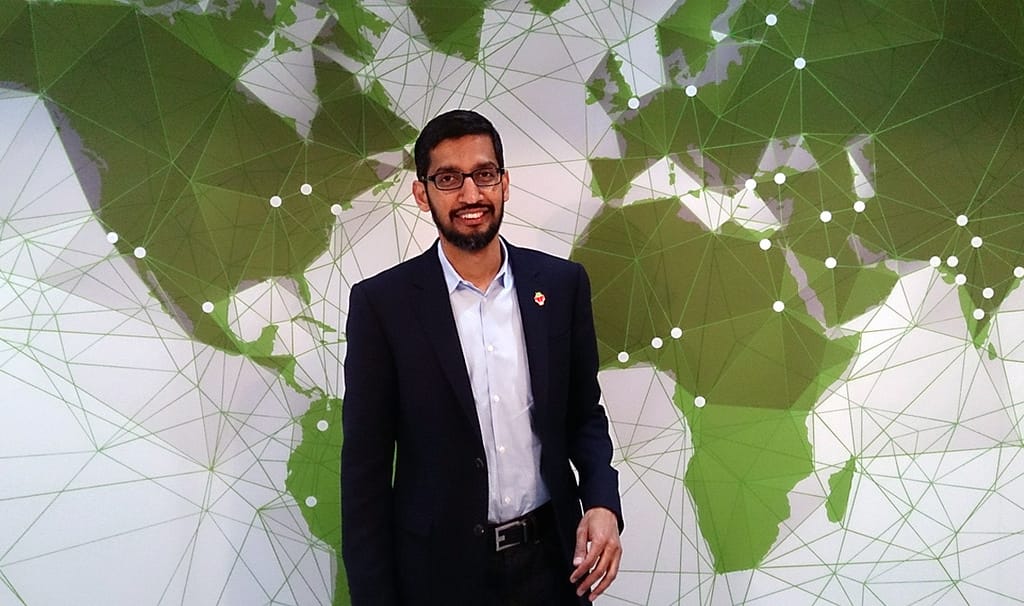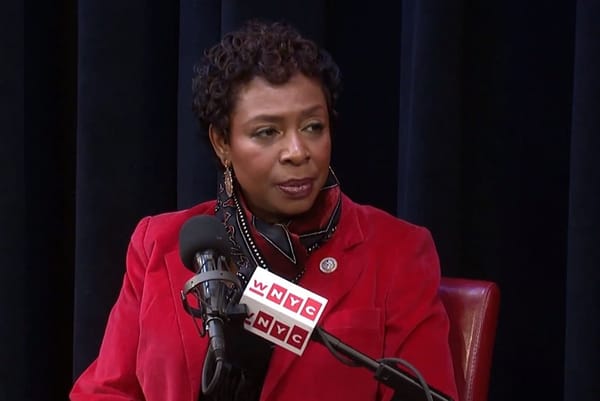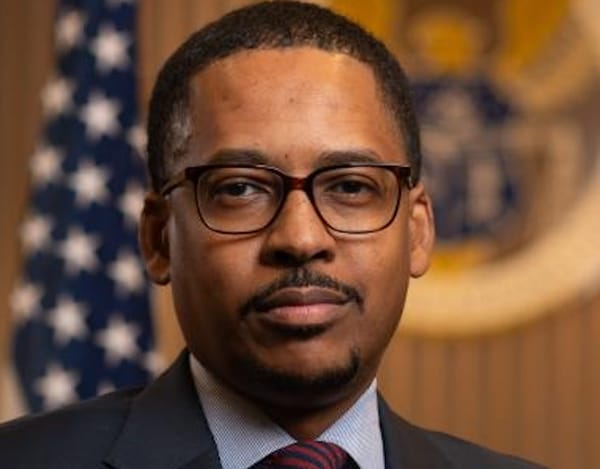Will the House Judiciary Committee Fairly Question Google CEO Sundar Pichai at Tuesday Hearing?
WASHINGTON, December 10, 2018 — When Google CEO Sundar Pichai raises his right hand before the House Judiciary Committee Tuesday morning, it’s possible the ensuing hearing will be a sober and judicious look into his company’s data collection practices. But Pichai is far more likely to become the lat

WASHINGTON, December 10, 2018 — When Google CEO Sundar Pichai raises his right hand before the House Judiciary Committee Tuesday morning, it’s possible the ensuing hearing will be a sober and judicious look into his company’s data collection practices.
But Pichai is far more likely to become the latest punching bag for House members – of both parties – eager to perpetuate the unproven claims that technology companies are acting to systematically censor conservatives.
Both House and Senate committees have convened hearings on social media companies’ practices over the past year. The hearings haven’t resulted in any bombshell revelations or explosive testimony. But Republicans’ accusations of censorship – or at least tilting the scales in search engine results – have been a constant drumbeat from members of Congress and witnesses.
One Silicon Valley representative dubbed the claims ‘obviously false’
One veteran member of House Judiciary, Rep Zoe Lofgren, D-Calif., called conservatives claims of censorship “obviously false.”
“I can’t speak for my colleagues on the other side of the aisle, but this appears to me to be part of an effort to rile up their base, that is anti-intellectual, anti-technology, and anti ‘elite,’ by saying that those fancy-pants in Silicon Valley are trying to keep them from hearing our message,” said Lofgren.
“For a group that is in charge of the entire government, they do a lot of whining as victims,” she said.
Her colleague, Rep. Jamie Raskin, D-Md., told BroadbandBreakfast that he is hopeful that Tuesday’s hearing will result in an “honest and thorough discussion about the role of these large social media companies.”
“A lot of the [previous] hearings have turned into a free-for-all where everybody complains about perceived or real transgressions by social media companies against different political persuasions, and the Republicans have specialized in that,” Raskin said.
“We need to have an honest and thorough discussion about the role of these large social media companies,” he said. “That basic dilemma that runs through all those conflicts and we have not resolved ourselves as a society on that basic question.”
Is the enforcement of internet companies’ terms of service ‘censorship’?
Raskin said that some conservatives are confusing technology companies’ enforcement of their terms of service with censorship because of an overlap between what some consider conservative values and what many people consider hate speech.
President Trump’s defense of the white nationalists who participated in the August 2017 Unite the Right rally is responsible for blurring the lines between conservatives and the white nationalists who count themselves as part of Trump’s base, Raskin said.
“If you have the equivalent of a Charlottesville march online, and Facebook or Twitter doesn’t want to host it, you have to find somewhere else to conduct your internet hate rally,” he added.
But based on the experience of one previous hearing, Raskin hopes that there is room for agreement on both sides of the aisle to have a serious conversation and not get hijacked by partisan bickering.
Previous hearings have not squarely addressed the ‘conceptual’ debate on this topic
At a previous hearing, members on both sides of the aisle agreed that lawmakers lack the “proper conceptual categories” needed to seriously address the problem of whether big tech companies are “special private actors who deserve different treatment because of their importance to the economy”
“That is the important and interesting conceptual question that we need to put on the table, and we dance around it when we just dive into particular controversies regarding this or that episode.”
The dual issues of how regulators should treat technology companies, and how technology companies treat conservatives caught the attention of President Donald Trump in late August, when he threatened three of the largest technology and social media companies in the United States for allegedly working to censor conservatives, despite offering no verifiable evidence that any such censorship is taking place.
“I think Google is really taking advantage of a lot of people, and I think that’s a very serious thing and a very serious charge. I think what Google and others are doing, if you look at what’s going on at Twitter, what’s going on on Facebook, they better be careful because you can’t do that to people, you can’t do it,” Trump said during an August 28 Oval Office meeting with FIFA President Gianni Infantino.
“I think that Google and Twitter and Facebook are really treading on very very troubled territory and they have to be careful, it’s not fair to large portions of the population,” said Trump.
Trump’s remarks came on the same day that National Economic Council Director Larry Kudlow told reporters that the administration was “looking into” Google’s operations.
Though BroadbandBreakfast inquired as to the result of whatever investigation may have been conducted — and whether Trump still thinks Google is “taking advantage of a lot of people” — a White House spokesperson had not yet responded by our deadline.
(Photo of Google CEO Sundar Pichai by Maurizio Pesce used with permission.)








